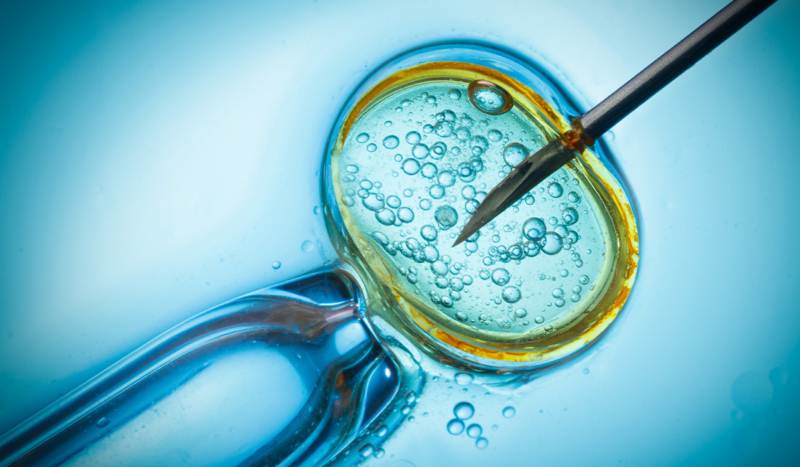
Adobe Stock
Three adults’ DNA was used to create four boys and four girls through in vitro fertilization (IVF), and those children have been born, The Guardian reported July 16.
The children were born to mothers with mitochondrial disease, an often fatal disorder passed from mothers to their children, after a fertility team in the UK spent decades developing a technique to prevent that from happening.
The method, called mitochondrial donation treatment (MDT), begins with IVF: Doctors create an embryo from the mother’s egg and father’s sperm and then extract the parents’ nuclear DNA and transfer it into a donor embryo that has had its own nuclear DNA removed but retains healthy mitochondria. The genetically reconstructed embryo is then implanted in the womb.
>> Bishop of Arlington issues pastoral letter addressing IVF, family, life issues <<
The births, described in the New England Journal of Medicine, come after the UK became the first country to legalize the procedure in 2015. Newcastle University received the first regulatory approval in 2017.
Medical follow-up has shown that while a few babies experienced minor conditions, such as urinary infections or muscle jerks, none showed signs of mitochondrial disease, according to The Guardian.
Bishop John Sherrington, Lead Bishop for Life Issues for the Catholic Bishops’ Conference of England and Wales, responded strongly to the first confirmed UK birth from MDT in 2023, saying that the news of a “three parent baby” was “deeply concerning.”
“The technique depends on the destruction of two human lives who had inherent dignity and rights and must be protected from their creation as persons in order to create a third embryo and life,” the bishop said at the time. “It also fractures the child from biological parenthood. It steps into the unknown world of genetic engineering with manipulation of the human germline.”
Bishop Sherrington added that “the gift of life,” which should be respected at all stages, “is a mystery which cannot be reduced to technical manipulation.”
Although often seen as a scientific breakthrough, IVF raises serious ethical concerns — chief among them, the routine creation of surplus embryos, leaving many human lives suspended in frozen storage or ultimately destroyed.
Serious doubts have also emerged about the safety and reliability of the IVF industry itself. As CatholicVote reported in March, hundreds of lawsuits in the US detail cases of embryos lost, destroyed, or implanted in the wrong patients. In one instance, a woman’s embryo was mistakenly transferred to a stranger; in another, a clinic discarded embryos without consent.
The report also documented cases of parentage mix-ups and mishandled embryos, pointing to widespread procedural failures across the industry.
>> ‘IVF Nightmares’: Hundreds of lawsuits expose damage of IVF industry <<

